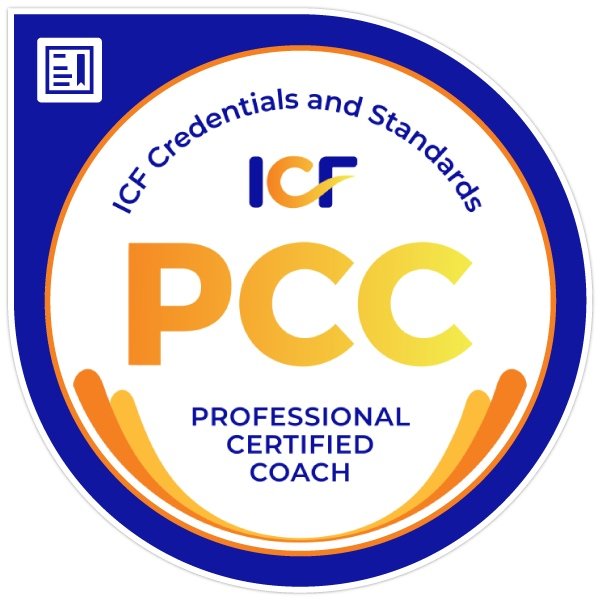I’ve spent over thirty years in the subsea industry, and I can say that through my time in business I’ve been mostly very impressed with the standard of talks and presentations. From training workshops, through sales pitches, to an off-the-cuff management pep talk, it’s been rare to find anyone who really struggled to get their point across. By comparison, the quality of presentations in higher education, for example, has often seemed to me surprisingly patchy.
I guess it’s because in the corporate world we understand the value (quite literally) of getting information across. We put a lot of resources into training people to communicate, into self-projection and presentation skills. And thereby we’ve created a culture of excellence which encourages newcomers to aim high. I’m certainly not complaining…it’s been my good fortune to be one of the trainers, and I’ve had some great (and hopefully instructive) times with many of my learning teams along the way.
If I had to boil this down to one sentence, I might put it like this: that businesses are full of people who like to talk, and who are actually rather good at it.
What intrigues me is how vanishingly small is the number of managers I’ve encountered who could flip the coin and be really good at LISTENING too. In fact I could probably count them on the fingers of one hand. They are so few that they have made a deep and enduring impression.
“So what?“ I hear you say. “Managers and supervisors are there to dispense instructions and get things done, not to sit around listening to people!”. But really, that’s a very one-dimensional view.
How do we know what’s happening on the front line - for example what our clients really need - if we don’t listen to our people who are working there? How do we capture new ideas if we’re not willing to spend time hearing out the bright sparks who come up with them? How can we improve our processes if we’re not even aware that problems exist…because we’ve never asked?
Most important of all, there’s the personal impact of listening. My own experience is that being listened-to can energise and engage. Even if my viewpoint isn’t in the end adopted, the fact that I’ve been seen and heard, that my opinion has been understood and acknowledged, creates dignity and mutual respect. And this in turn inspires long-term commitment and trust. This is gold dust, worth far more than the transient commitment you might buy with an outsized bonus package. And here’s the headline…LISTENING IS FREE! It doesn’t cost a penny, apart from that little extra bit of conversation time.
Food for thought, surely, in this world so full of expert talkers...






